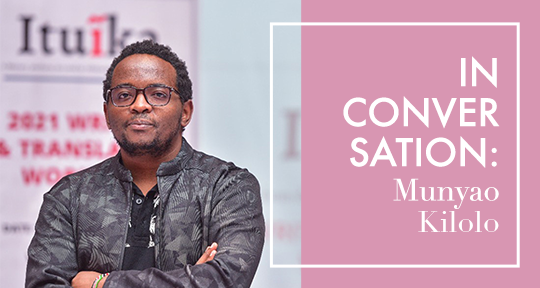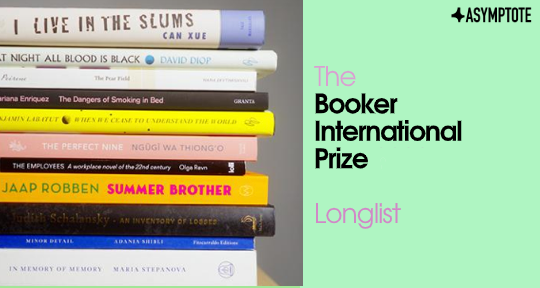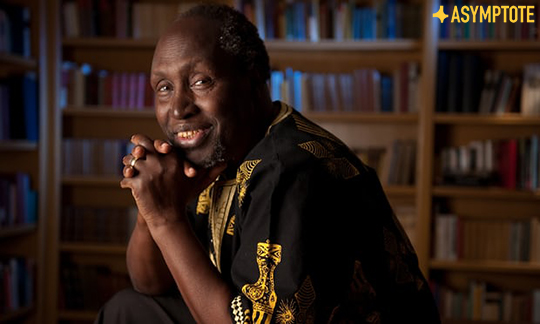This week, our editors on the ground are watching out for multilingual poetry events, emerging Armenian writers, solidarity in language and literature, the favourite texts of Filipino readers, translation in Southeast Asia, dialogues between authors in Nairobi, and PEN/HEIM Translation Grants winners. Read on to find out more!
Kristina Tatarian, Editor-at-Large, reporting from Armenia
The beautiful auditorium of the Carfesjian Center for the Arts, located at the Cascade Complex in Yerevan, is a frequent stage for literary readings. On the night of October 8, the center hosted a performance as part of antiBabylon, a multilingual poetry event that brought together literary communities from Georgia, Armenia, Ukraine, Moldova and Germany. Organised by PANDA Platforma, an NGO from Berlin, the event took place in Georgia, Armenia, Moldova, and Ukraine, as poets visited each other’s countries for joint workshops and performances to create, translate, and perform. The Project’s aim is to create a “free multilingual poetic space,” and test if poetry can answer the most burning existential questions of today’s troubled world.
On the same day, IALA’s Emerging Writers Showcase took place online. This showcase featured readings from Armenian authors championed by the organisation as mentees or winners of the Young Armenian Poet Award. By supporting emerging literary talent, the organisation adds to the global effort of Armenian artists to accelerate cultural revival in the country.
The Armenian diaspora around the world plays a crucial part of setting the cultural agenda for Armenian literature, and now, the groundbreaking collection We Are All Armenian: Voices from the Diaspora, edited by Aram Mjorian, is available from University of Texas Press. The collection will feature essays from writers and poets of Armenian origin, shedding light on diverse experiences of “Armenianness” and personal perspectives on ethnicity, identity, and the sense of home. READ MORE…






